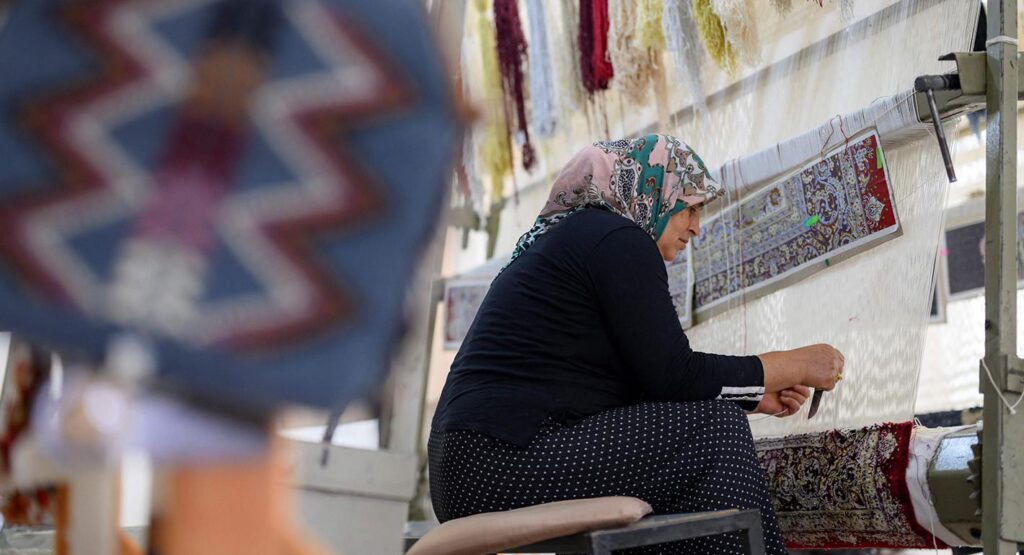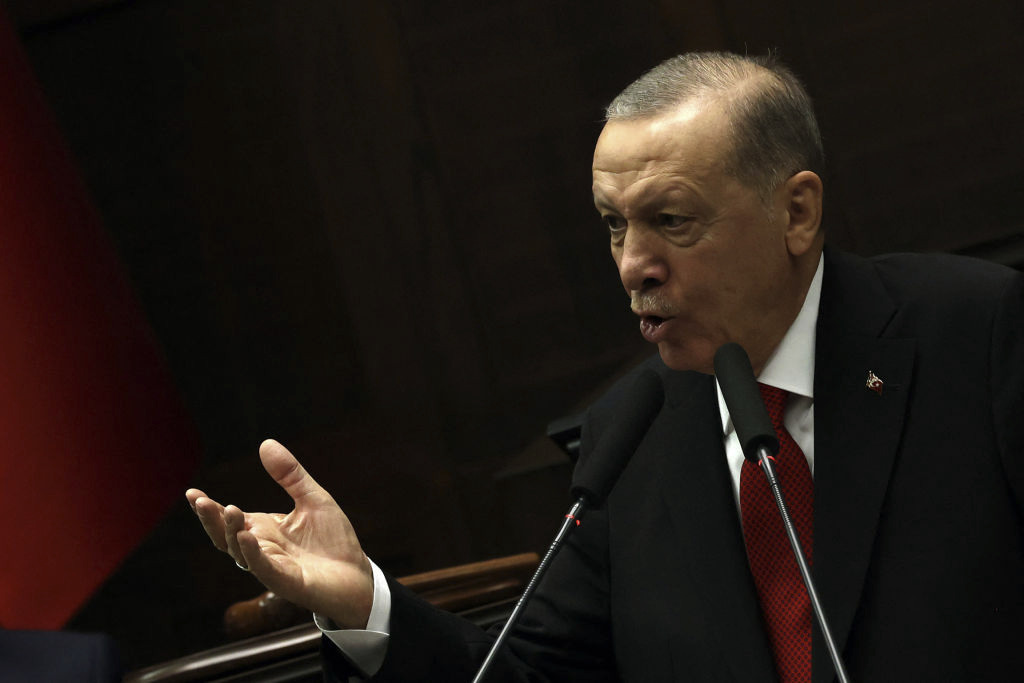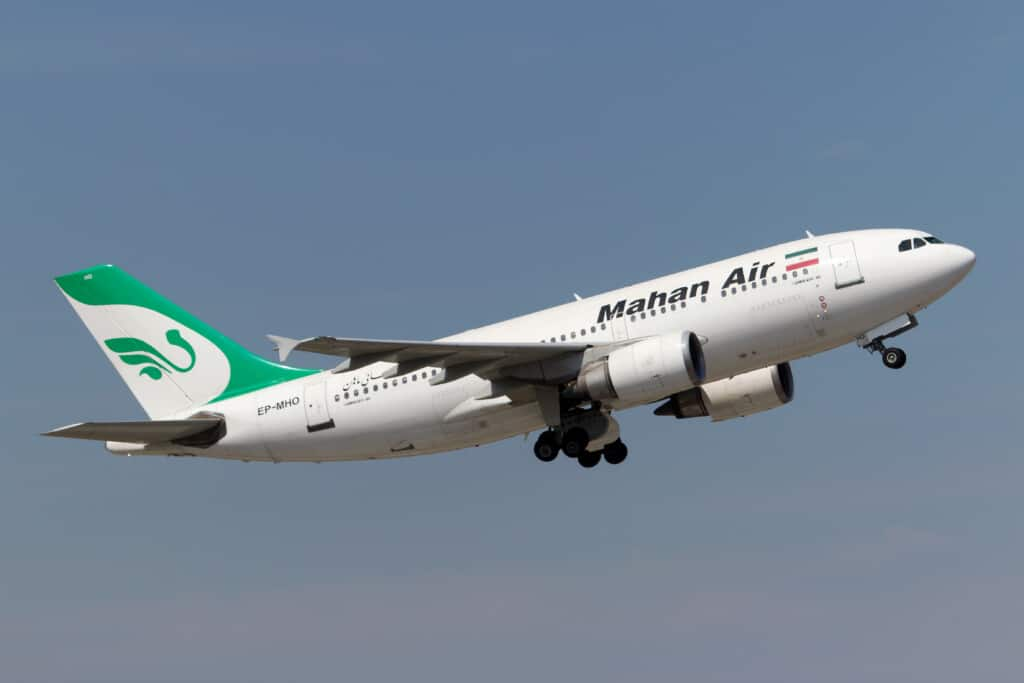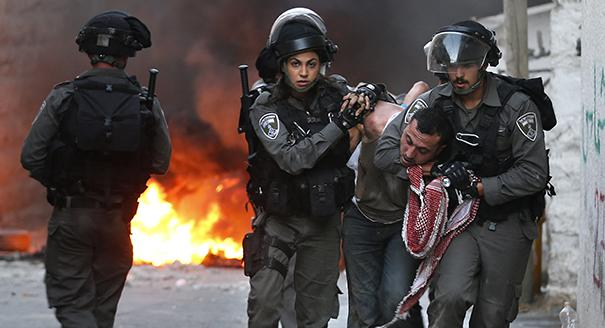Hamas Official In Interview With Lebanese Hizbullah Outlet: Israel ‘Will Not Be Able To Last Long In This Conflict’; The Freedom Of Detained Palestinians ‘Is The Most Important Goal Of Operation Al-Aqsa Flood’
On December 6, 2023, Lebanese Hizbullah’s Al-Ahed News released an exclusive interview with Hamas national relations official Ali Barakah.[1] In the interview, Barakah asserted that Hamas is “doing well” against the Israeli counterattack and that it is fighting in accordance with its predetermined “defensive plan” of action. He also said that Hamas continues to aim to free all Palestinian prisoners from Israeli detention and will use Israeli hostages to that end.







